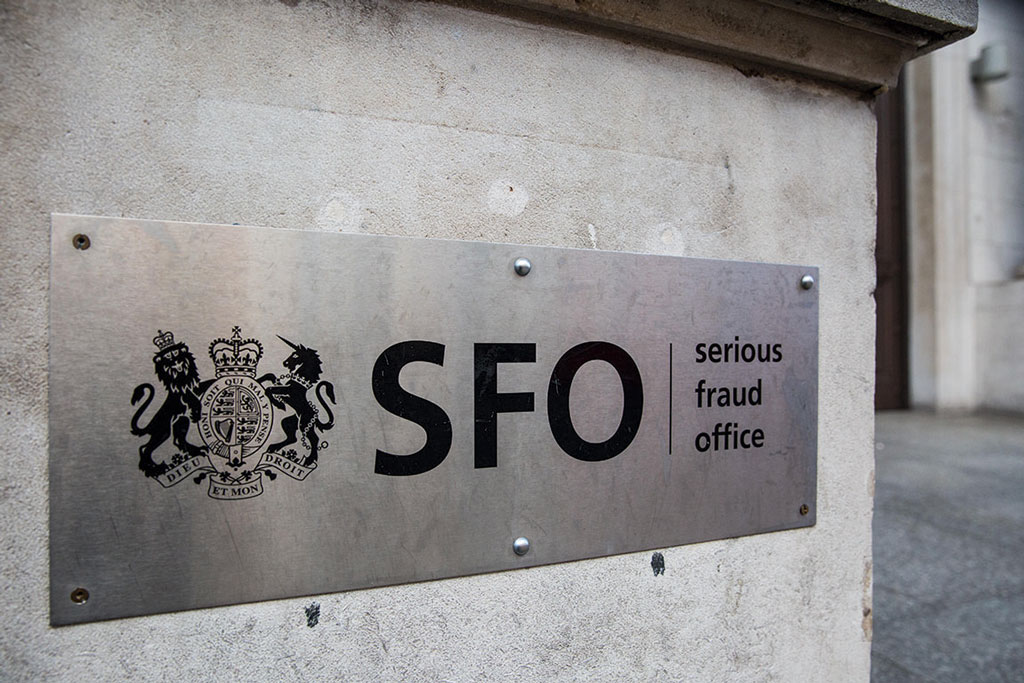
After scrutinising the performance of the Bribery Act 2010, Lord Saville reports back on its triumphs & tribulations
Post-legislative scrutiny is the procedure allowing the House of Lords to set up a committee to look in depth at how a recent Act of Parliament is performing. The Acts chosen for scrutiny are those which made a major change in the law, and the Bribery
Act 2010 is just such an Act. There has long been agreement that the law on bribery was unsatisfactory, but in the last 30 years it has taken two Law Commission consultation papers, two Law Commission reports, and two joint Committees of both
Houses of Parliament, before a text was reached which Parliament was prepared to enact in 2010 as the Bribery Act. With that history behind it, it is not surprising that people were anxious to know how the Act was working.
The Committee I chaired was set up last May. We received over 60 pieces of written evidence and heard oral evidence from 52 witnesses. On the basis








